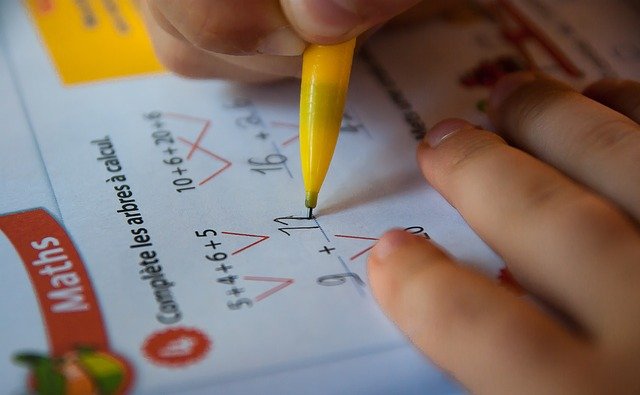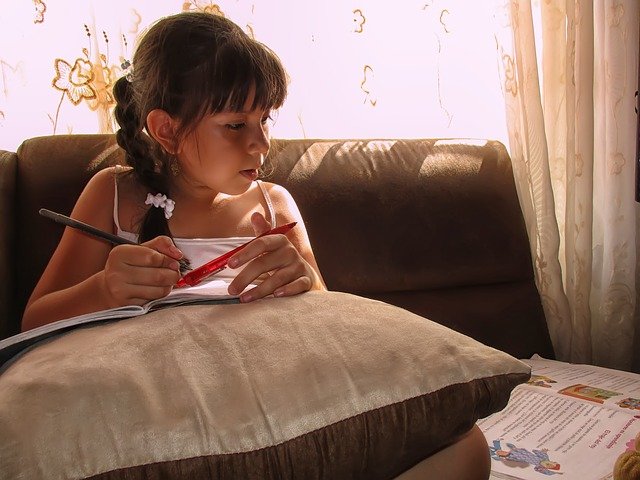Just like most countries, Singapore uses the traditional class ranking system for all learners after providing exams and grading the students. But the Asian country now aims to change that by scrapping the system to promote better learning!
The Singaporean government mandated that Primary 1 and 2 students will no longer have examinations starting next school year. Since they could not be graded quantitatively since they have no tests, qualitative descriptors will be used instead.

While grades would still be given to older students, these will be rounded off to the nearest whole number to “reduce the focus on academic scores”. Moreover, failing marks will no longer be underlined or written in red for emphasis.

“Teachers will continue to gather information about pupils’ learning through discussions, homework and quizzes. Schools will use other ways like qualitative descriptor in place of marks and grades to evaluate pupils’ progress at these two levels,” explained Education Minister Ong Ye Kung.
Teachers no longer have to report the learners’ ranks at the end of the school year.

“The change is to allow each student to focus on his or her learning progress and discourage them from being overly concerned about comparisons,” Kung further explained.
“I know that ‘coming in first or second’, in class or level, has traditionally been a proud recognition of a student’s achievement. But removing these indicators is for a good reason, so that the child understands from young that learning is not a competition, but a self-discipline they need to master for life.”
The Education Minister pointed out that the students will still receive grades and their learning will be measured, but they will no longer judge their own progress based on their classmates’ performance. Instead, they could now focus on their own strengths and weaknesses.

While the fast learners and more brilliant students will no longer be given recognition at the end of the school year, the teachers would still meet with parents after each grading period for discussions on their children’s performance based on various indicators, not just quantitative grades on the report card.



